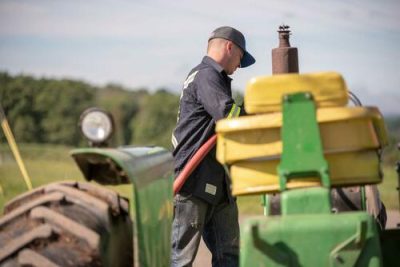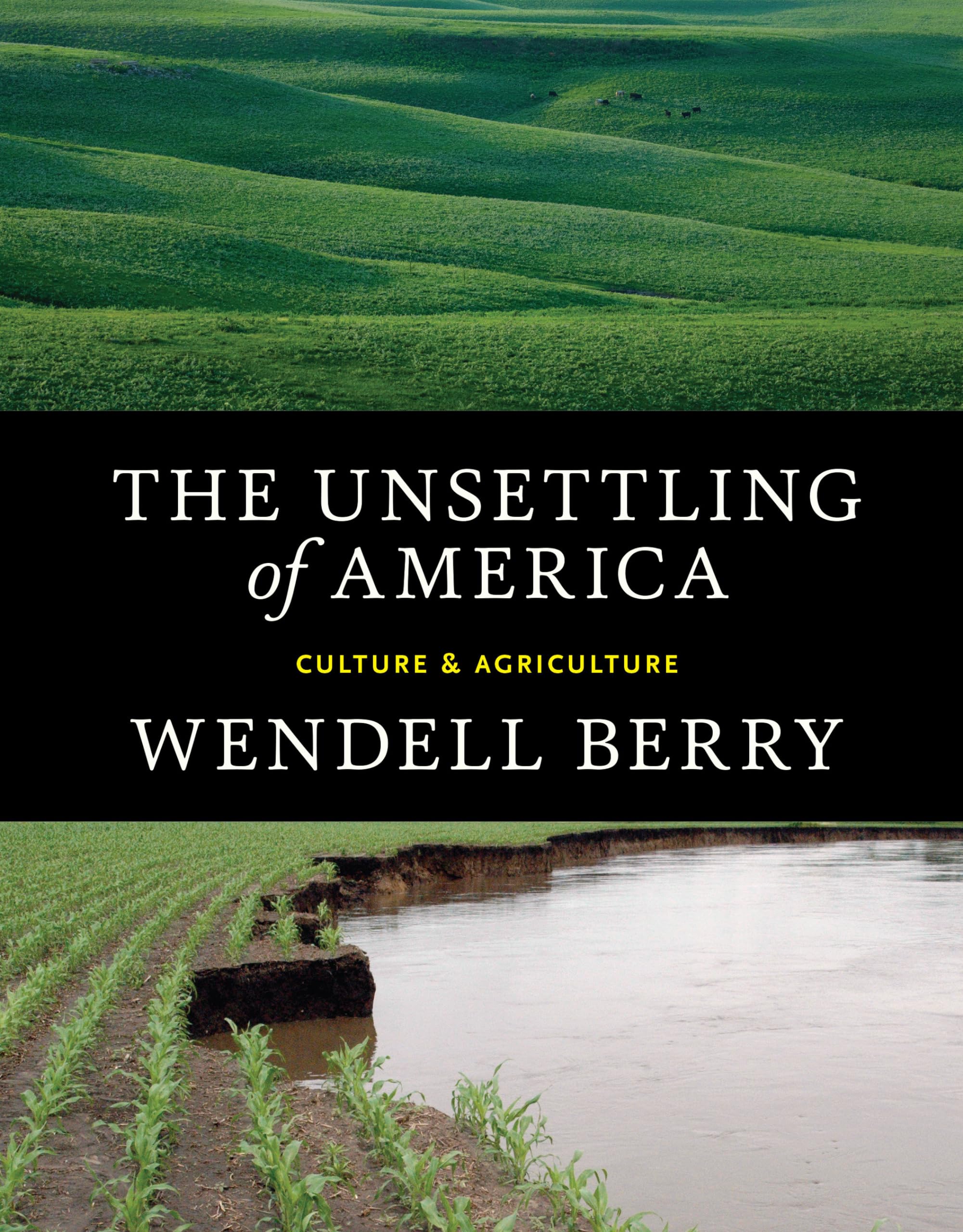By Bharat Dogra

The farming and food system must be based on a very large number of small or reasonably sized farmers (including family farms) and small agro-processing units, producing healthy food in ecologically protective ways. Instead small farmers are being displaced and family farms are disappearing as those who are truly dedicated to farming have to say tearful farewells to their farms, while billionaires and richest corporations acquire millions of acres of farmland. While small scale food processors too are being pushed out and possibilities of direct contacts between farmers and consumers to promote sustainable livelihoods based on making available healthy food to all are diminishing, giant multinational companies are taking up food production, trade and processing in ways that are harmful for both consumers and farmers.
From seeds to science, from production to packaging the world farming and food system has become increasingly dominated by a small number of very large multinational companies with a highly distorted vision of food and farming aimed at not just extracting huge profits but increasingly also trying to control the food and farming system in very harmful ways. When a very senior US official insisted on describing food as weapon, the American philosopher-farmer Wendell Berry was so distressed that he devoted himself immediately to writing a great book (‘The Unsettling of America’) on where such a distorted view of food and farming will take his country.
What is becoming increasingly clear is that while the food and farming policies of imperialism are generally seen to be directed against other countries, particularly those of the majority world or global south, in fact these policies, and the thinking on which these are based, are also extremely harmful for small farmers and for the availability of healthy food in their own countries, as seen from the very high rate of displacement of family farms and the high spread of GM crops in the USA.
While billions of dollars are being paid out in court cases relating to hazardous agro-chemicals (frequently linked to GM crops), the government authorities in collusion with big agro-business are pushing the same hazardous technologies. Even as they turn their eyes away from the glaring evidence which confronts them, they keep saying—show us more evidence of the hazards, forgetting even that 40% of the people in the USA now are exposed to cancer in their lifetime and the exposure to several chronic diseases is huge and increasing, particularly among children. While many factors are involved here, an important part of the increasing health problems is likely to be related to food, farming and food-processing.
Hence while the forces of imperialism set out to conquer the farming of other lands, they also inflict grave harm on their own farmers and on their own food safety. However to get a support base in their own countries, they try to create an impression that they are trying to penetrate and expand worldwide markets for their farmers. In fact they are trying to do this more for their big business interests, not for their small farmers who are being harmed and displaced. This is also evident from the increasing discontent among the small farmers in several rich countries.
Hence it is obvious that small farmers of western countries must join the worldwide opposition of those big business interests that are trying to harm the prospects of healthy food and ecologically protective farming, as the narrow vision of these interests is only that of increasing their own profits and control. Their deception of promoting themselves as climate saviors should fool no one, as in reality they are neck deep in environmental destruction and disrupting resilience of small farmer communities. Their efforts to increasingly control world food and farming are in collusion with the authorities/governments of imperialism, even though these will ultimately harm farmers and health everywhere.
In this context it is useful to know what the USA’s farmer-philosopher Wendell Berry said when he wrote a book in response to a high-level US official referring to food as ‘weapon’. What he wrote makes it clear that the same thinking which can visualize food being used as a weapon against countries affected by hunger also ends up inflicting grave harm on farmers and farming communities within the USA.

In his great book ‘The Unsettling of America: Culture and Agriculture’ he has made some important observations regarding the weakening of rural communities and how this has been caused to a large extent by distorted agricultural policies that can be changed and should be changed. In this book Berry has emphasized the close relationship between ‘modernization’ of agriculture and the disintegration of the culture and the communities based on small-scale farming and family farming. As he asserts, what has been called agricultural progress has, in fact, “involved the forcible displacement of millions of people.”
Wendell Berry makes a very important statement when he says,
“I remember, during the fifties, the outrage with which our political leaders spoke of the forced removal of the populations of villages in communist countries. I also remember that at the same time, in Washington, the word on farming was ‘Get big or get out’—a policy which is still in effect and which has taken an enormous toll. The only difference is that of method: the force used by the communists was military; and with us, it has been economic—a ‘free market’ in which the freest were the richest. The attitudes are equally cruel, and I believe that the results will prove equally damaging…”
Further he asserts,
“this community-killing agriculture, with its monomania of bigness, is not primarily the work of farmers, though it has burgeoned on their weakness. It is the work of the institutions of agriculture: the university experts, the bureaucrats and the “agro-businessmen,” who have promoted so-called efficiency at the expense of the community (and of real efficiency), and quantity at the expense of quality.”
Emphasizing the value of a farming-based culture, Wendell Berry writes,
“A healthy farm culture can be based only upon familiarity and can grow only among a people soundly established upon the land; it nourishes and safeguards a human intelligence of the earth that no amount of technology can satisfactorily replace. The growth of such a culture was once a strong possibility in the farming communities of this country (USA). We now only have the sad remnants of those communities. If we only allow another generation to pass without doing what is necessary to enhance and embolden the possibility now perishing with them, we will lose it altogether. And then we will not just invoke calamity, we will deserve it.”
Image: Wendell Berry (Licensed under CC BY-SA 3.0)

Thus what Berry is saying is that something very precious, the society’s base of family farms, which according to several concerned people, constituted the ethical base of the US society, is being lost, perhaps forever.
Similar concerns exist in some of the countries that are closely allied to the USA, and host some of the biggest multinationals that are trying to take over world farming and food with the help of their governments and their superpower ally.
Today even those companies with a history of colluding in the war crimes of the Nazi regime and being involved with horrible experiments in concentration camps, whose executives have been convicted of mass murder and slavery, who have been involved with the production of poison gas and chemical weapons, are being assisted by their governments in their quest for dominating world farming and food system. One can imagine what a world food and farming system dominated by them will look like, but such is the level of corruption and lack of ethics in several countries that they are welcoming such companies, despite the fact that such a company may be already embroiled in the paying of billions of dollars in damages for the hazardous products sold by them in some countries. The fact that such companies allot millions of dollars to lobbying, a relatively polite word that is used to hide many highly unethical practices and corruptions, is also relevant here.
Hence widespread consensus should emerge that the big business interests who are motivated by profits, control and dominance should be opposed by farmers all over the world. Instead farmers should demand a different kind of food and farming system based on small and medium-sized farmers, including family farms, and small processing and agro-business units committed to production of healthy food in ecologically protective ways. Close contacts between farmers and consumers should be assisted in various ways so that farmers can also directly make available healthy food to consumers and earn a fair and steady income from this, while at the same time reducing their costs by avoiding expensive external inputs. All unfair taxes on such farmers using ecologically protective methods should be removed and they should instead get economic support using various funds for protecting environment, sustainability, health, safety and climate mitigation as well as adaptation (apart from the funds meant directly for food and agriculture).
The agro-ecology approach is certainly needed in a big way, but as there is need to include justice based concerns more clearly, I have been speaking more about ‘social agro-ecology’. In a recent book ‘India’s Quest for Sustainable Farming and Healthy Food’ I defined social agro-ecology in the following way—“If the essence of the social agro-ecology approach is to be captured in just one sentence, then it is a meeting point of two predominant concerns of providing secure, sustainable livelihoods of ordinary peasants and workers on the one hand and resolving major environmental, nutrition, health and safety issues on the other. In a nutshell, it is a meeting point of equality and environment protection, of justice and safety, of livelihoods and health.”
Clearly a broad unity of farmers, supported by all those who are committed to healthy food, should emerge at the world-level so that social agro-ecology can provide the base for a system of sustainable, satisfactory, creative livelihoods of farmers and for the availability of healthy food.
*
Click the share button below to email/forward this article to your friends and colleagues. Follow us on Instagram and Twitter and subscribe to our Telegram Channel. Feel free to repost and share widely Global Research articles.
Birds Not Bombs: Let’s Fight for a World of Peace, Not War
Bharat Dogra is Honorary Convener, Campaign to Save Earth Now. His recent books include Protecting Earth for Children, Man over Machine, Planet in Peril and When the Two Streams Met. He is a regular contributor to Global Research.
Featured image source














